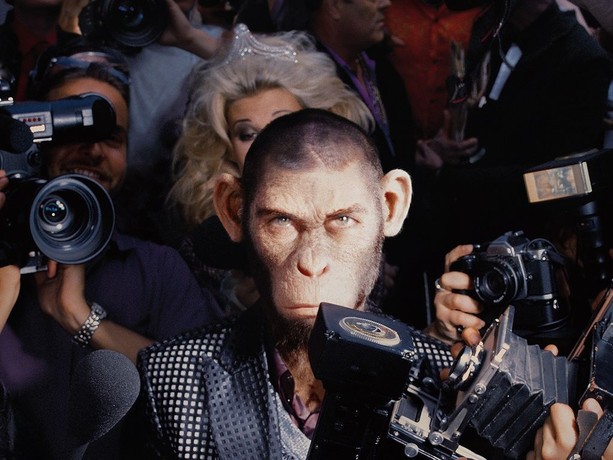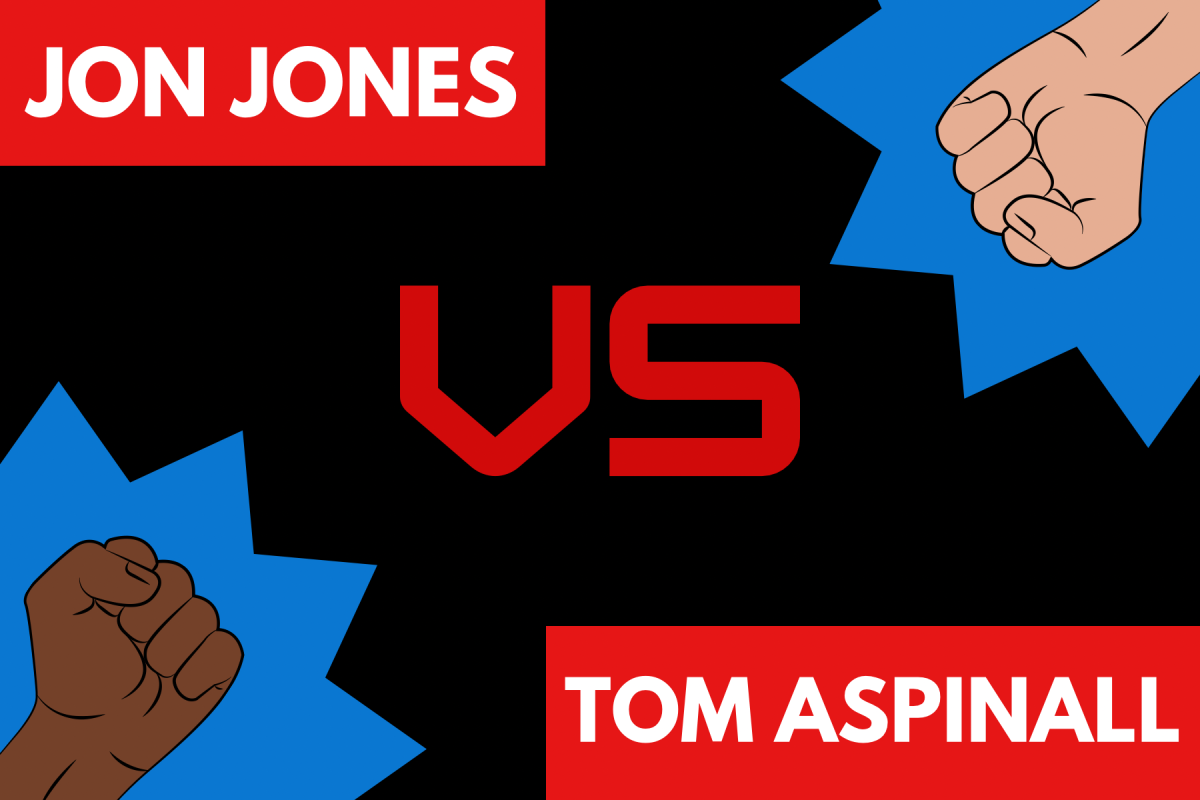The Burden is Only on the Government
October 3, 2019
100 companies are responsible for 71 percent of carbon emissions. This fact is commonly lost in discussions of climate change and how much of an individual responsibility everyone has to reduce their own carbon footprint. But at the end of the day with corporations doing so much of the harm to the planet, is a plastic straw or eating meat going to be the straw that breaks the back of the planet?
This is not to say that going vegetarian or using reusable straws is bad or useless. Reducing one’s own impact on the environment is a good thing, but that individual action isn’t going to have that much of an effect, even if many were to do it, compared to the vast damage corporations are doing to America for money.
This is why focusing on structural change without being preoccupied by individual choices is the most effective path to solving the climate crisis. Oil companies are the ones killing the planet, not everyone who drives a car to school. Shifting blame onto individuals that belongs squarely on the backs of corporations is counterproductive and allows those very corporations to scapegoat individuals and scold them for their individual actions while polluting the Earth for profit. The focus on individual action instead of fundamental change serves to help only the rich and powerful who want to delay the day that they have to stop killing the planet for money.
A common response to this is that individuals buying those products incentivizes companies to keep producing these harmful products, which creates a cycle that hurts the planet, so some of the responsibility falls at the feet of the consumer. But this fails to account for the fact that many people don’t have the choice but to consume how they do. 78 percent of Americans are living paycheck-to-paycheck and 71 percent have debt. These people simply don’t have the funds available to be able to drastically change their lifestyle for the environment. Even if you only ask only those who are privileged enough to make these lifestyle changes, what’s the point of diverting attention away from the most important issue of institutional change for such a relatively small number who are able to do these lifestyle changes? Focusing on what individual actions people with the ability to take, can take, centers those with privilege at the crux of that conversation, when those that should stay there are the marginalized people who suffer most due to climate change and the corporations that are killing the planet.
This doesn’t even take into account emissions that individuals have no control over. In 2017, the United States military emitted 59 million metric tons of carbon dioxide, as much as the entire country of Portugal. Individual action isn’t going to solve that. Only by focusing on changing these harmful institutions without being distracted by relatively insignificant individual actions will meaningful change to help the climate crisis even be possible. That’s why when discussing solutions to climate change, talking about individual responsibility isn’t particularly helpful, because conceptually there are so many dangers greater than those posed by individual action and in practice the number who can live more sustainably is relatively low, so focusing on individuals so intently is just not useful.
This isn’t to say that talking about how to live more sustainably or actively living more sustainably are bad. But when this help turns to harm is when individual action is in any way equated to the damage done by institutions or is framed as though the importance of individual action is even close to the importance of structural change. Individual action is helpful on an individual level, but orienting climate change discussion around individual action and distracting from the dire threat that institutions pose towards us is simply counteractive to the end goal of stopping climate change.






































